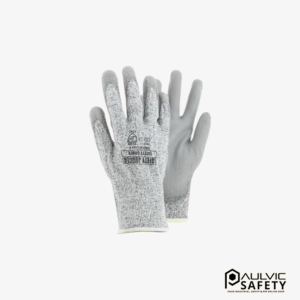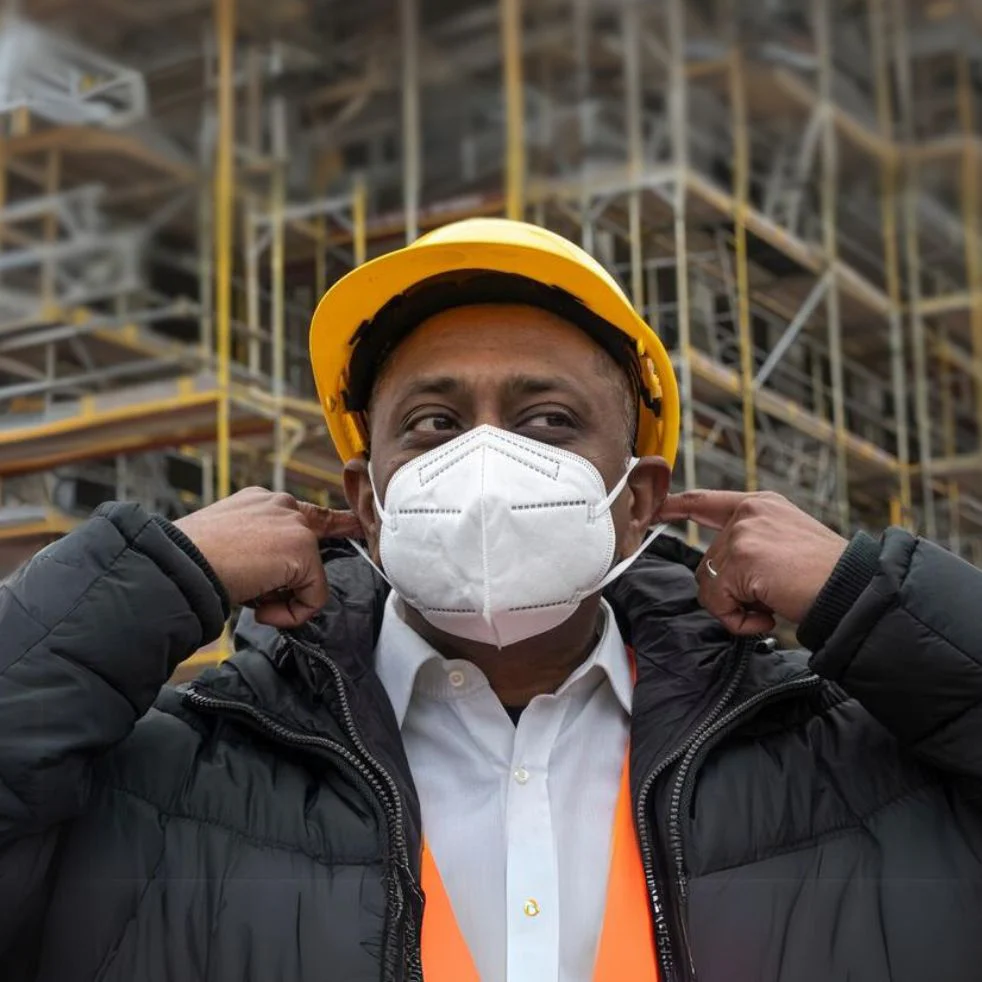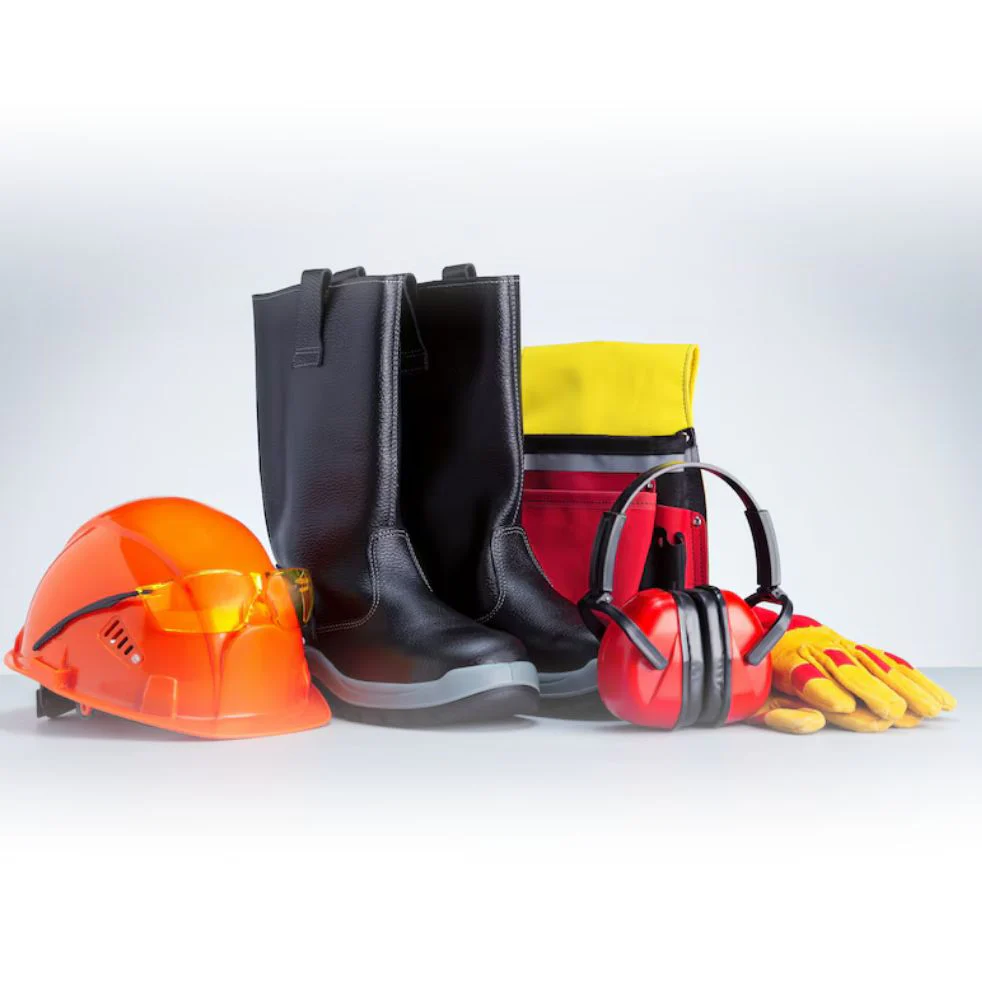What does it mean to say someone feels “emotionally safe” at work? Also referred to as psychological safety, emotional safety is about an individuals’ perceptions of the consequences of taking interpersonal risks at work. Essentially, it’s referring to an environment where employees feel secure enough to be able to share their thoughts and ideas freely without worrying that they’re potentially opening themselves up to negative reactions.

Feeling emotionally safe means employees feel able to speak up and communicate openly. They aren’t held back by the fear that by voicing their views, they’re making themselves vulnerable to criticism. That’s vital for thriving businesses, particularly those that have safety-critical operations, such as in healthcare, where feeling unable to speak up could have devastating consequences. Research by Collins & Smith 2006 and Siemsen et al 2009 both found emotional safety helps explain why employees feel able to share information and knowledge. A sense of psychological safety is particularly important if the employees lack confidence. Innovation and creativity is so important for many organizations, yet when people feel they can’t share thoughts and ideas freely, it’s impaired significantly. Employees who feel emotionally safe, particularly around leaders, are more likely to innovate and speak up with suggestions for organizational improvements, as this Academy of Management Journal research explains.
Emotional safety goes hand in hand with a growth mindset, where cohesiveness and collaboration is valued and employees feel supported and cared about. There’s no sense of point-scoring going on. What really matters is everyone working together to try to get the results they need. As a consequence, people are far less likely to feel fearful about their jobs, which in turn enhances an overall culture of wellbeing.
If it’s good enough for Google…
Making emotional safety part of the everyday culture is something every company should be working towards. This is a view endorsed by the likes of Google; the company firmly believes in the significance of psychological safety having conducted a four-year study and concluding it’s the number one predictor of team success.
Check out our Safety Products for
Hands | Heads | Foots | Body Accessories & Tools
importance of safety at workplace workplace safety tips safety practices in the workplace workplace safety topics types of safety precautions general safety rules in the workplace workplace safety examples safety tip of the day
So, we know psychological safety at work is important, but what can your organization do to improve it? Here are 10 steps you can take to help improve emotional safety in your workplace as explain by Work stars.
Make it OK to make a mistake (and own up to it)
What would happen in your organization right now if someone made a mistake? For an employee to feel emotionally safe they need to know that if they make an error, people will not think any less of them for owning up to it and in fact, for owning it too.
Show employees their contribution matters
A sense of emotional safety stems from feeling needed. Knowing their contributions matter reassures and gives confidence to employees. Few employers can guarantee the future, but reassuring employees that they are valued provides a stronger sense of security in their role.
Give employees their own voice in the organization
Employees need to have a voice and to be able to freely express their thoughts and views. They need to feel it’s ok to speak up and they also need to know they’re being listened to. Take a look at what ways your company enables employees to make their voices heard at the moment and consider whether there are opportunities to do more.
Celebrate individualism
Everyone is different, and that’s something that should be recognized and valued. Rather than making appreciation just about achieving results, make sure there are also opportunities to celebrate individualism and the different perspectives that exist inside your company. That breadth of perspective is worth its weight in gold.
Focus on increasing trust
Genuine trust develops as people form authentic and supportive relationships with one other. It involves letting people be themselves and not be afraid of being a bit vulnerable with each other and that includes at the leadership level. By taking time with one another, and finding ways to express appreciation and support, levels of trust can increase.
Encourage compassion from management
Would you say your managers display compassion and empathy towards employees?
It’s likely most of them do but where it can sometimes fall down is when the pressure is on and people become so wrapped up in what they need to do, they’re less likely to register someone else’s needs. Given all the challenges managers face that’s understandable, but they need to hear from the organization that looking out for their employees is an important part of their role. It’s essential for emotional safety and for the bigger wellbeing picture too.
Encourage risk-taking
No company wants to encourage reckless behavior. But an inability to accept a degree of measured risk-taking and an intolerance of the notion of ‘failure’ can mean the organization is quashing an innovation mindset. Emotionally safe workplaces encourage considered risk-taking. Even when mistakes are made, or attempts to don’t work out, encourage your employees to appreciate and get value out of the learning that results.
Recognize their efforts
Is no news good news? Not when it comes to recognizing people’s efforts.
It used to be generally accepted that if you weren’t getting a flea in your ear from your manager, you could take it you were doing a good job. That wasn’t a great assumption anyway, but there’s no way that would cut it now. To younger employees in particular, silence can be deafening.
Promote diversity
Employees who feel excluded for any reason are far less likely to feel emotionally safe. So look at steps you can take to promote greater diversity and inclusivity.
Create space for positive feedback
Creating the space to facilitate positive feedback is a powerful way for an organization to encourage a sense of emotional safety.











Leave a comment